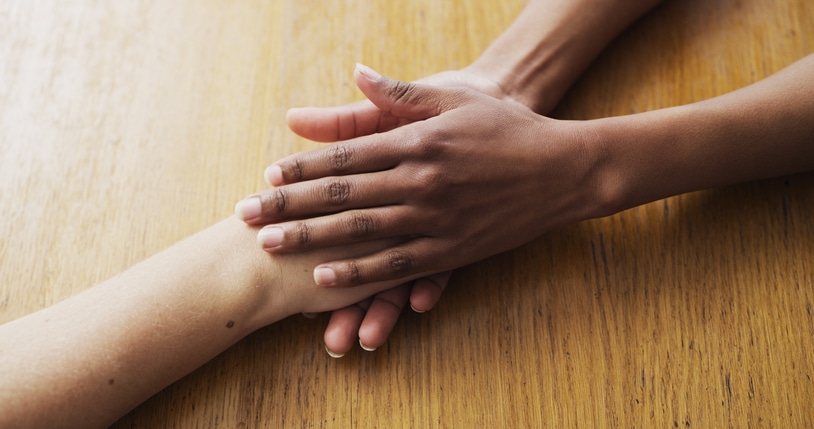A re-elected Morrison Government would invest $300,000 to continue postvention services in the ACT to ensure that Canberrans who lost loved ones to suicide would have additional care and support.
The additional funding announced today, which is provided through the National Mental Health and Suicide Prevention Plan outlined in the 2021-2022 and 2022-2023 Budgets, would go to the national StandBy – Support After Suicide program.
StandBy is an Australian Government initiative, established in 2002 to meet the need for a coordinated community response to suicide. It is accessible 24 hours a day, seven days a week, and provides free face-to-face and/or telephone support. Each person who engages with StandBy can receive personalised support for up to two years.
StandBy also builds community preparedness and resilience through extensive training to community and professional groups.
Liberal Senator for the ACT, Zed Seselja, welcomed the commitment, and said the funding would help protect the lives of vulnerable Canberrans.
“Postvention services such as StandBy provide essential care to people during some of the darkest moments of their lives,” Senator Seselja said.
“This additional funding will ensure that postvention services can continue to provide this much-needed support to Canberrans and will help keep members of our community safe.
“The Liberal Government is committed to supporting Canberrans when they need it most. We have more than doubled hospital funding, delivered a second headspace [National Youth Mental Health Foundation] in Canberra, and have provided significant support to the Head to Health program in the ACT, delivering critical mental health services for the missing middle in mental health care.”
This new funding follows the signing of a bilateral agreement between the Commonwealth and ACT governments, which will deliver more than $38 million in mental health and suicide prevention services, including universal aftercare for all Canberrans discharged from hospital following a suicide attempt, Head to Health services for adults and children, an expansion of headspace, and new eating disorder services.
In 2020, more than 3,000 Australians died by suicide. Each life lost has an immense impact on individuals, families, and communities, Senator Seselja said.
Postvention programs support anyone who has been bereaved or impacted by suicide, and help to prevent further suicides in affected communities.
Greg Hunt, outgoing Federal Minister for Health and Aged Care, said the Government remains committed to working towards zero suicides and ensuring appropriate supports are in place for those at risk.
In 2020, Mr Hunt stated, there was a 5.4 per cent reduction in the number of suicides compared to 2019; the national rate of 12.1 per 100,000 was the lowest recorded since 2016.
“While the reduction in the rate is encouraging, still far too many people die by suicide every year,” he said. “The Morrison Government is investing record funding to develop a more effective and compassionate mental health and suicide prevention system.”
David Coleman, Assistant Minister to the Prime Minister for Mental Health and Suicide Prevention, said people who have lost loved ones to suicide are at much higher risk of suicide than the general population.
“For each life lost to suicide, the impacts are felt by up to 135 people, including family members, work colleagues, friends, and first responders,” Mr Coleman said.
“Postvention services are not only vital in providing support to individuals dealing with the grief and distress of suicide loss, but also help reduce the risk to individuals who have lost a loved one.
“They are an essential component of a comprehensive, effective, and compassionate suicide prevention system.”
The Liberal politicians stated that the Coalition Government has made mental health and suicide prevention a national priority, and had invested a record $3 billion in the 2021-22 and 2022-23 Budgets for the National Mental Health and Suicide Prevention Plan to reform the mental health and suicide prevention system.
That brought the Health portfolio expenditure in mental health and suicide prevention services and supports in 2022–23 to a record high of $6.8 billion.
Anyone experiencing distress can seek immediate advice and support through Lifeline (13 11 14), Beyond Blue (1300 224 636), Kids Helpline (1800 55 1800), or the Government’s digital mental health gateway, Head to Health.
If you are concerned about suicide, living with someone who is considering suicide, or bereaved by suicide, the Suicide Call Back Service is available at 1300 659 467 or www.suicidecallbackservice.org.au.



